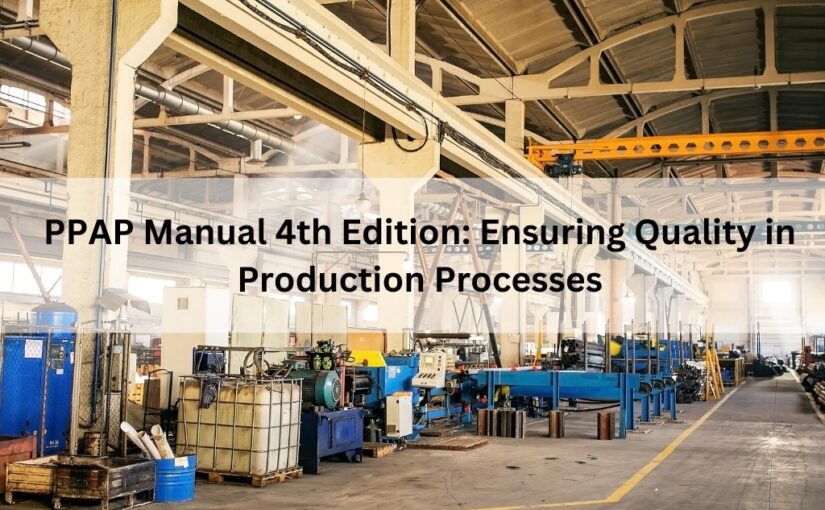Getting Up to Speed on ELV Compliance
Automotive recycling was always a lucrative area for those in the trade. 75% of each car was easily turned into cash, with healthy returns on scrap metal, part-worn tyres, and second-hand automotive components. However, the new ELV directive is calling for at least 85% of each vehicle to be recycled, which means recycling plastics, which isn’t traditionally a money spinner.
Automotive plastic recycling is still in its infancy and, currently, there is no proven technology in common use. However, several mechanical design firms in the EU have come up with their own solutions, which they have sold on, so there is a profit there somewhere. In the Netherlands, the 85% minimum target has been met courtesy of impressive government subsidies. In countries where such funding is not forthcoming, such as the UK, firmware development and mechanical engineering companies are working to create affordable, compliant recycling solutions.
ELV compliance is one of three EU rulings specific to the automotive industry. However, the ELV directive is the most expensive to implement. The days of the local scrap dealer making a sideline in second-hand auto parts is spent. Any company handling end-of-life vehicles today must be an Authorized Treatment Facility (ATF), investing in specialised plant machinery and with facilities for removing hazardous residues as per REACH regulations. The site must have a complex infrastructure to ensure it achieves the standards required for ATF licensing.
If you are finding ELV compliance a problem, we at Enventure Technologies have master data management and cost reduction consultants to help you.










